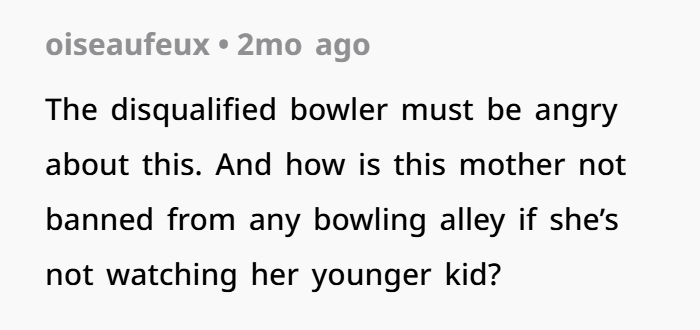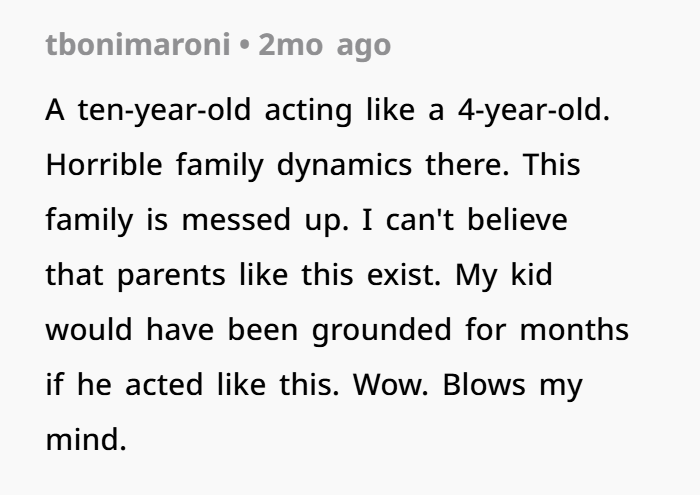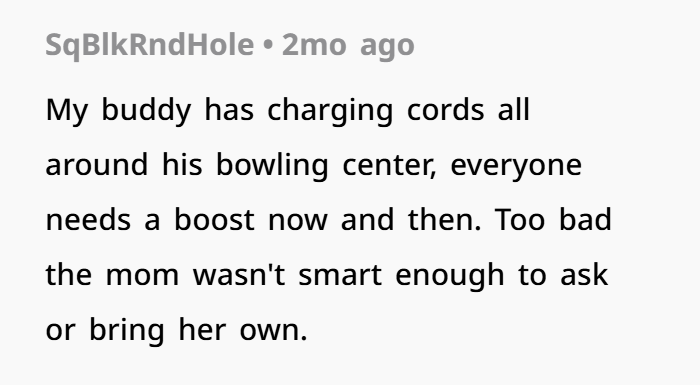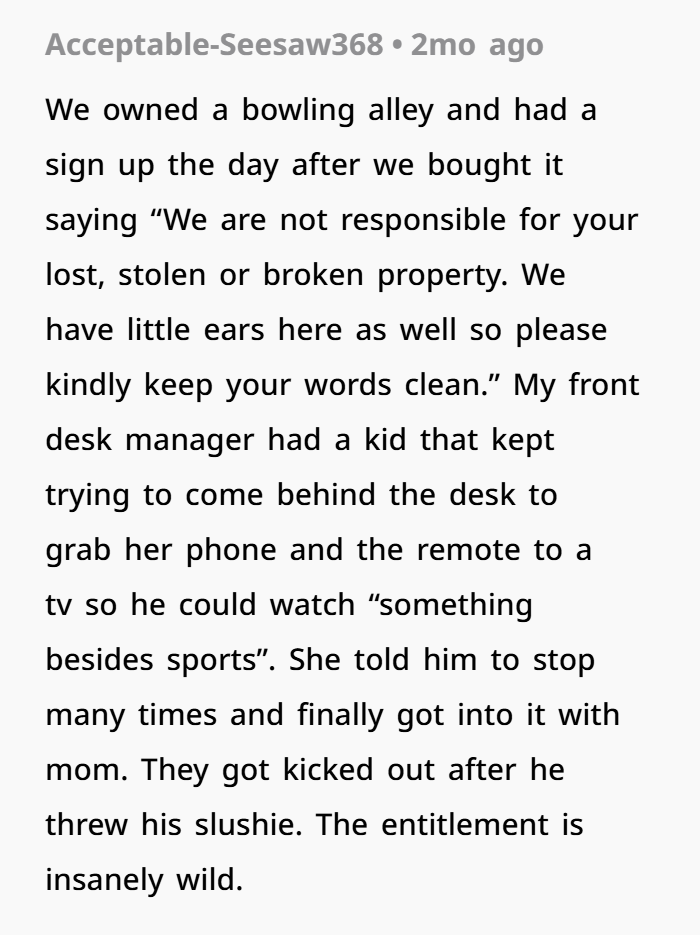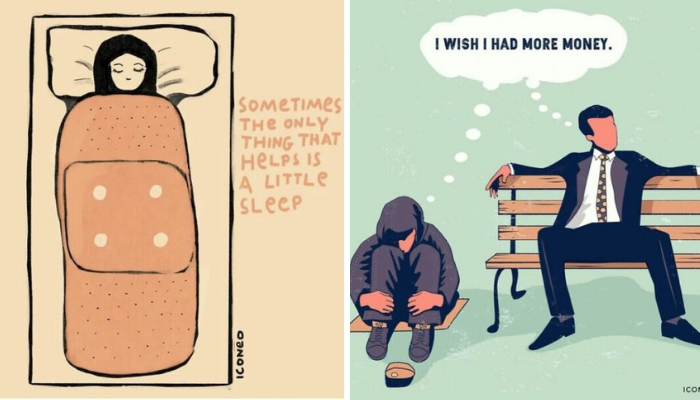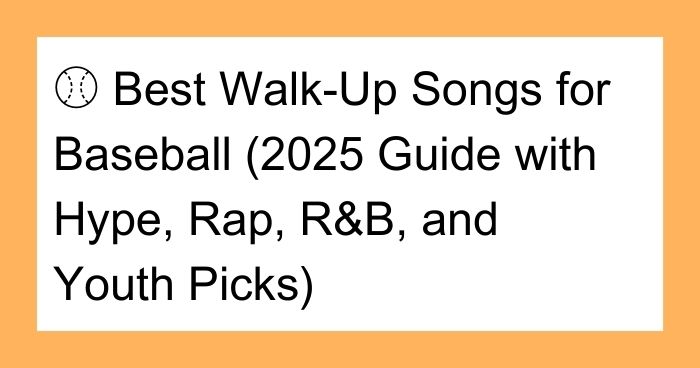Karen Demands We Replace iPad Her Son Broke—Ends Up Getting Disqualified

During a busy tournament at a bowling alley, a child’s tantrum over a dead iPad spiraled into chaos when he broke a staff-owned device—and his mother demanded compensation. Despite being warned multiple times not to enter the employee area, the child snuck behind the counter, grabbed a staff iPad used for reservations, and ran. He promptly tripped, face-planted, and shattered the device on the floor.
Advertisement – Continue Reading Below
When confronted, the mother—already known for problematic behavior at past events—blamed the staff, claimed her child was an “angel,” and insisted they buy her son a new iPad. Instead, the tournament director sided with the staff, agreed to reimburse them for the damages, and disqualified her child from the competition. It’s another classic tale of parental entitlement going too far—and backfiring.
Parents need to help children understand and regulate their emotions

Because picking up the pieces can sometimes get really messy
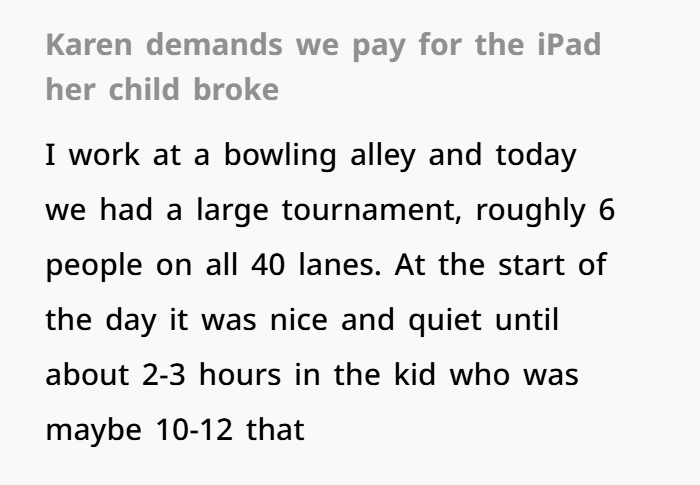


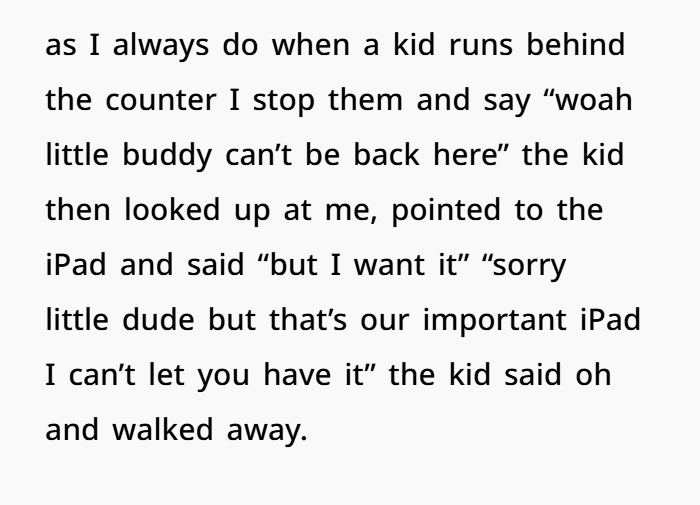
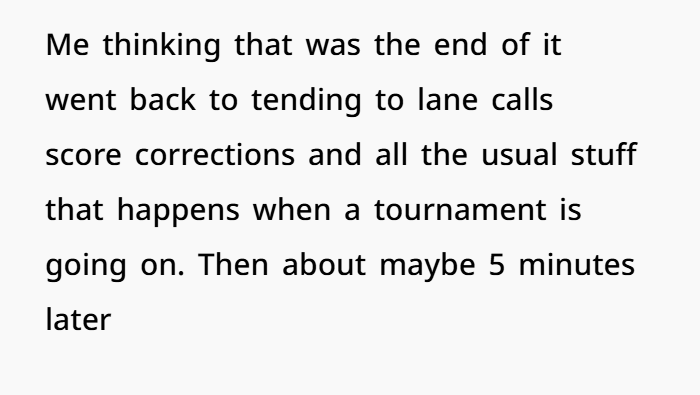
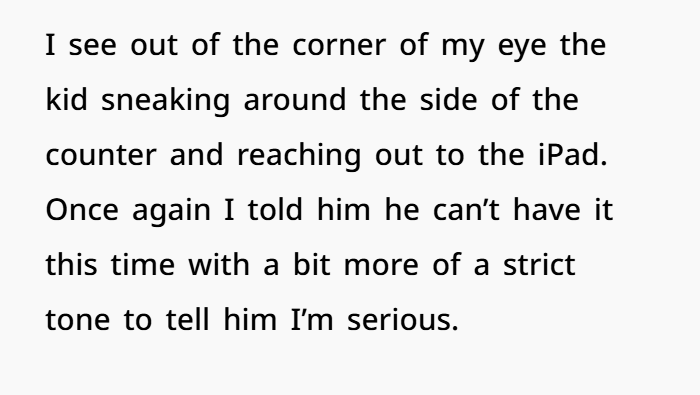
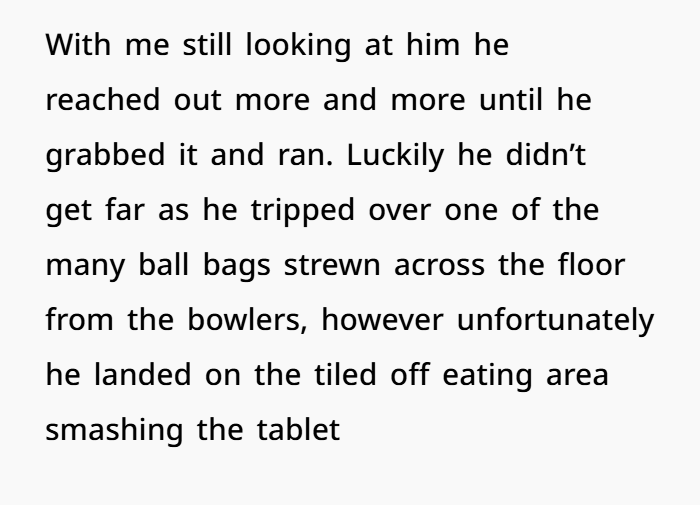

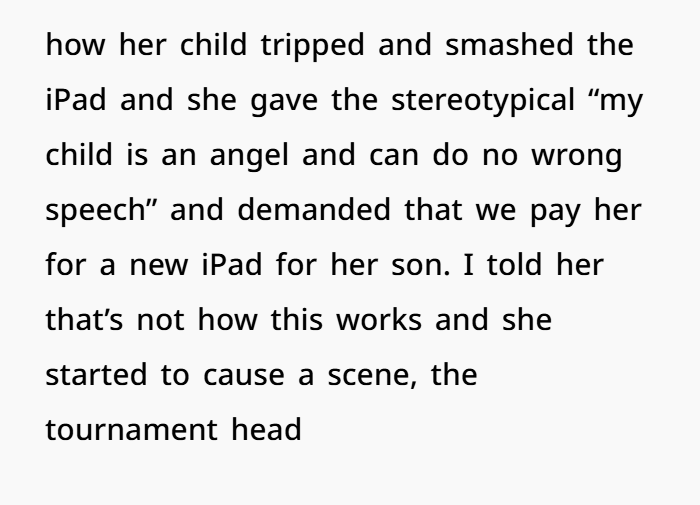
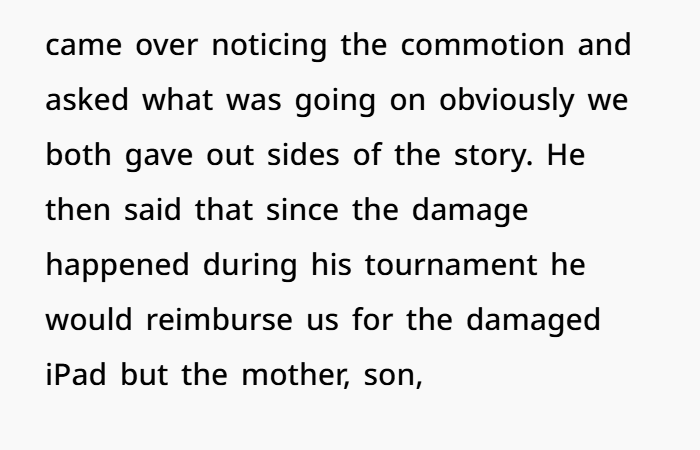

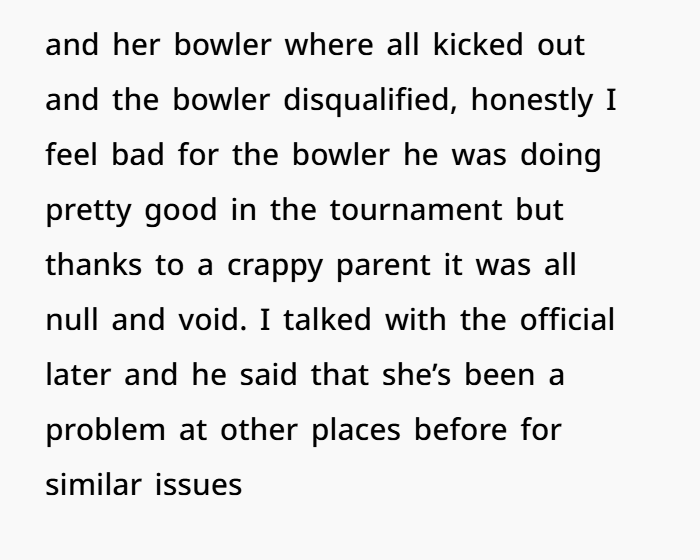
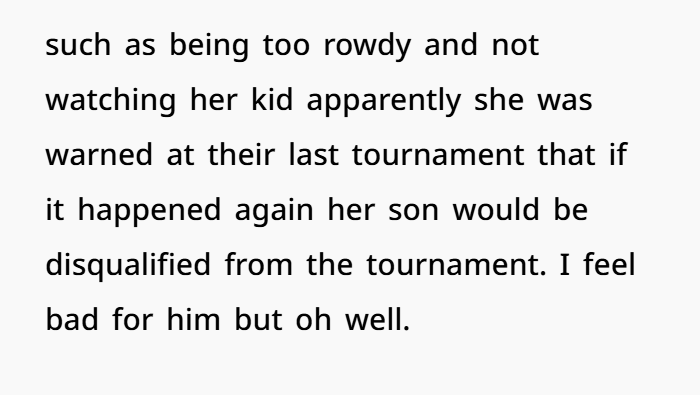
1. Parental Responsibility Laws
Under Kentucky’s Parental Responsibility Law (KRS § 405.025), parents can be held liable for damage caused by their minor children. While businesses often choose not to sue over relatively minor losses, the law is clear: parents may be legally responsible for property damage resulting from negligent supervision.
Advertisement – Continue Reading Below
Given that the child was explicitly told not to access the staff area, and the mother ignored his behavior, the situation meets criteria for negligent parental oversight—a potentially actionable offense had the bowling alley chosen to pursue it.
2. Business Rights and Equipment Protections
Commercial property, such as a business-owned iPad, falls under protected assets in most general liability policies. However, when customer-caused damages occur, businesses have the right to:
- File claims,
- Request compensation directly, or
- Ban problematic patrons.
In this case, the tournament director covering the damage illustrates an internal agreement to protect staff resources—but legally, the business could have demanded restitution from the parent. The choice to instead ban the family was well within their rights.
Advertisement – Continue Reading Below
3. Repeated Behavioral Issues and Liability History
Reports of prior warnings suggest a pattern of problematic behavior, which strengthens the bowling alley’s position. In legal or administrative decisions, documented prior incidents often tilt judgment toward the business. According to premises liability standards, businesses must provide a safe environment but aren’t responsible for guests who ignore warnings or behave recklessly.

The mother’s documented disruptions and disregard for rules made her a repeat liability, justifying her ejection and her son’s disqualification.
4. Emotional Blackmail: Weaponizing the Child’s Injury
A classic tactic used in Karen-style confrontations is emotional redirection—accusing the business of harming the child rather than addressing the cause. The mother’s dramatic response (“How could you hurt my little pumpkin?”) is an attempt to deflect blame and emotionally manipulate staff and bystanders.
Advertisement – Continue Reading Below
However, CCTV footage, eyewitness accounts, and staff records neutralize these attempts. If needed, this documentation would support the business in any claim dispute or civil defense.
5. Consequences and Fairness for Tournament Participants
The unfortunate collateral damage here was the bowler—likely a friend or relative of the mother—who was disqualified despite performing well. While seemingly harsh, the disqualification followed a previous warning and was likely necessary to maintain order and fairness across the event.
In competitive settings, many organizations enforce zero-tolerance policies for disruptive families or guests. These policies are especially common in youth sports and tournaments, where one family member’s behavior can compromise the integrity of the competition.
Advertisement – Continue Reading Below
Final Thoughts
This story isn’t just about a broken iPad—it’s a broader reflection of parental entitlement, failure to supervise, and misdirected blame. The bowling alley staff acted responsibly, set boundaries, and enforced them fairly. The tournament official’s swift response protected the venue, the event’s integrity, and sent a clear message: respect the rules—or face the consequences.
People had a lot to say about the whole ordeal


